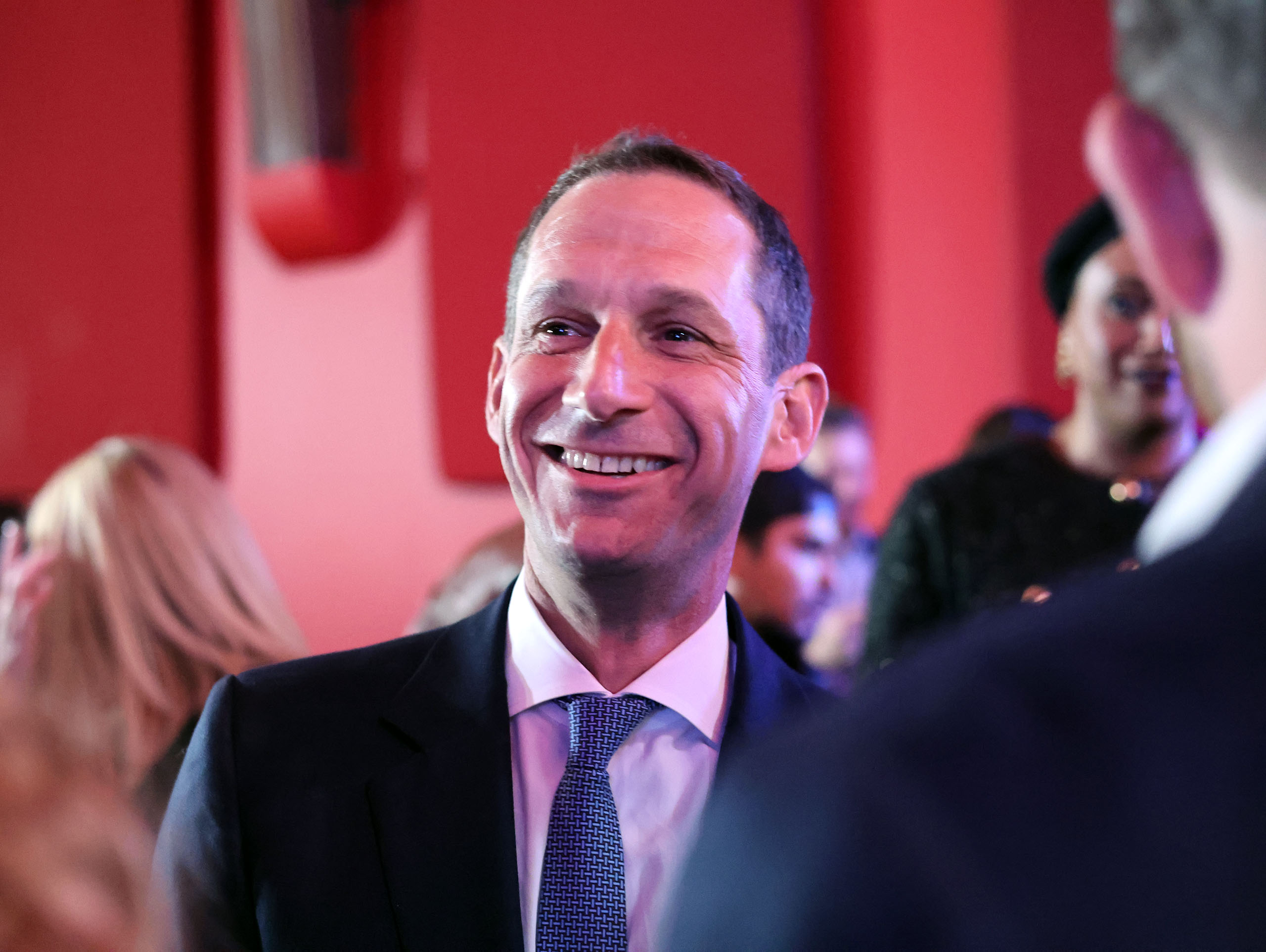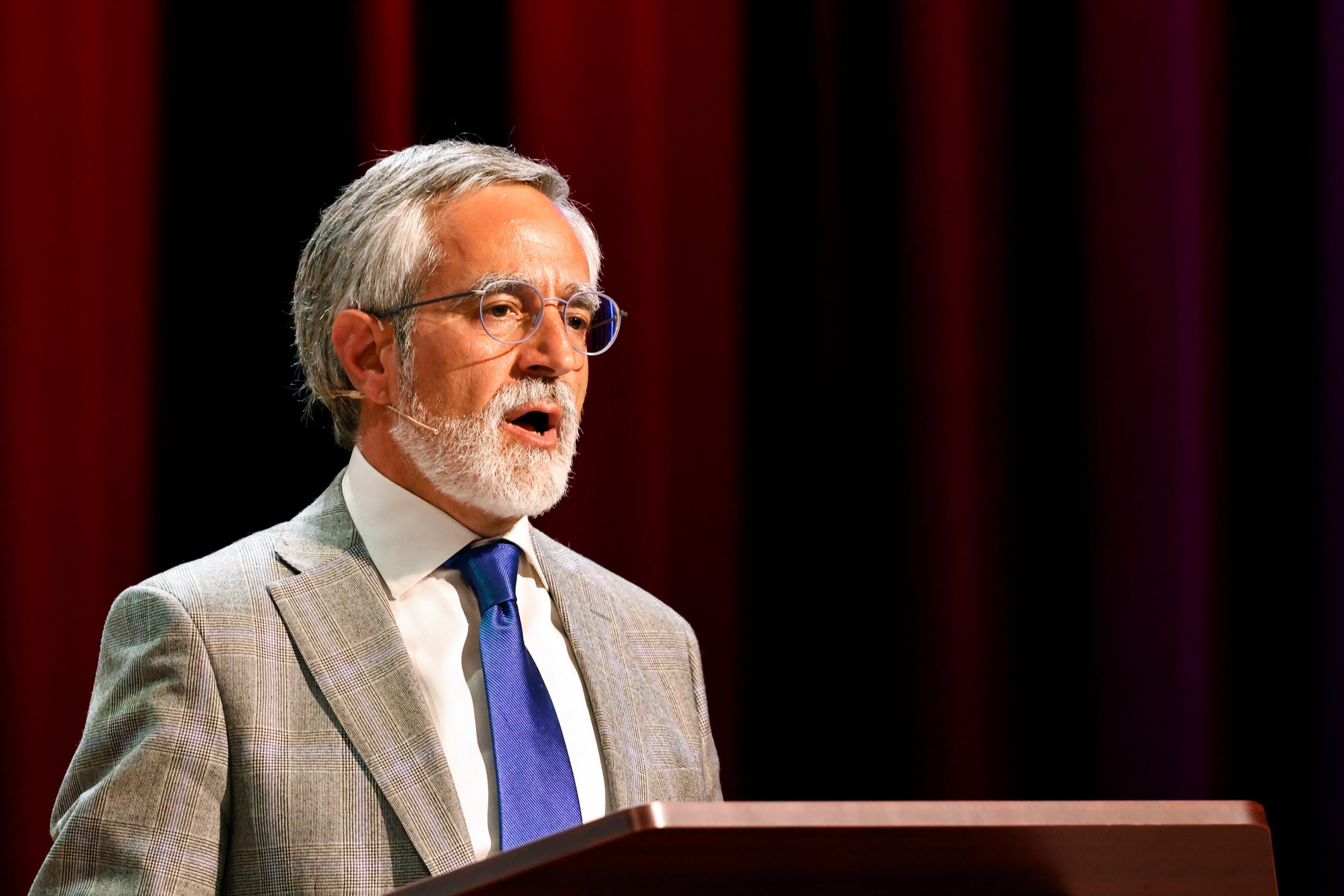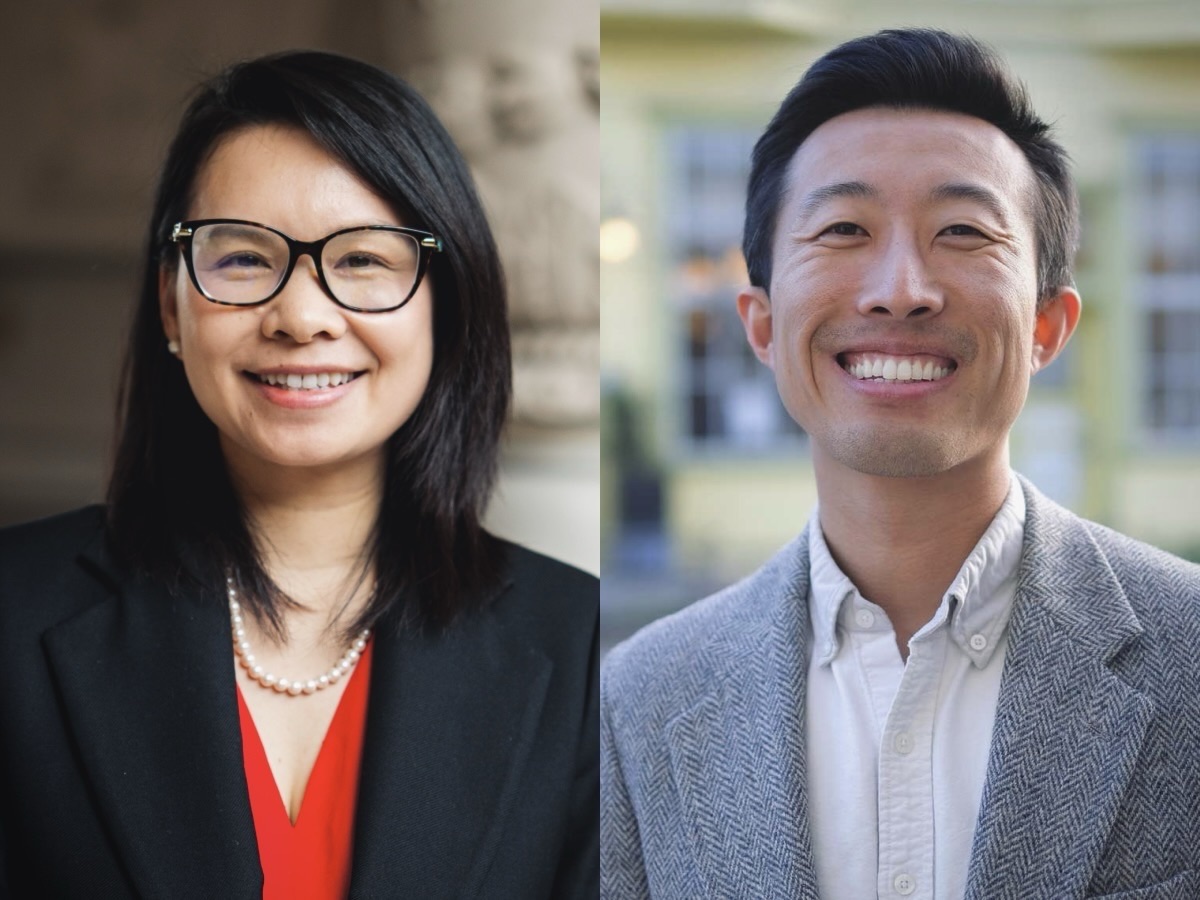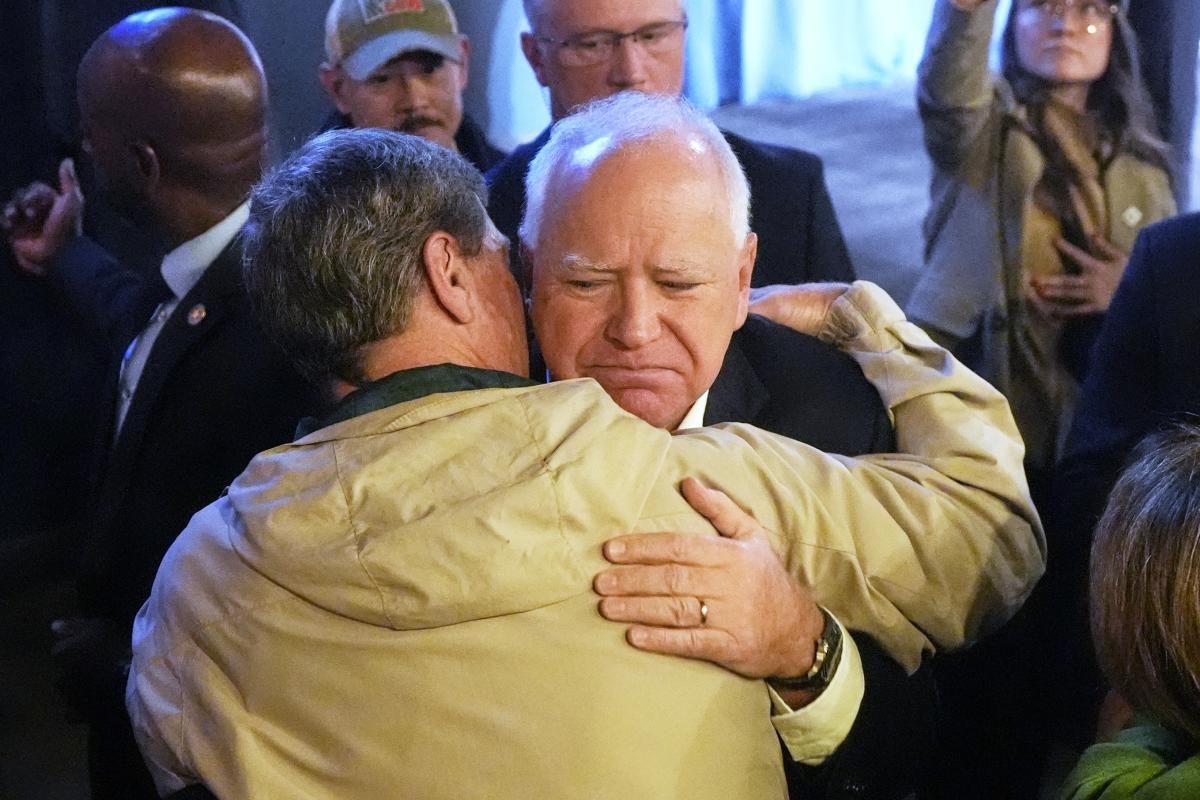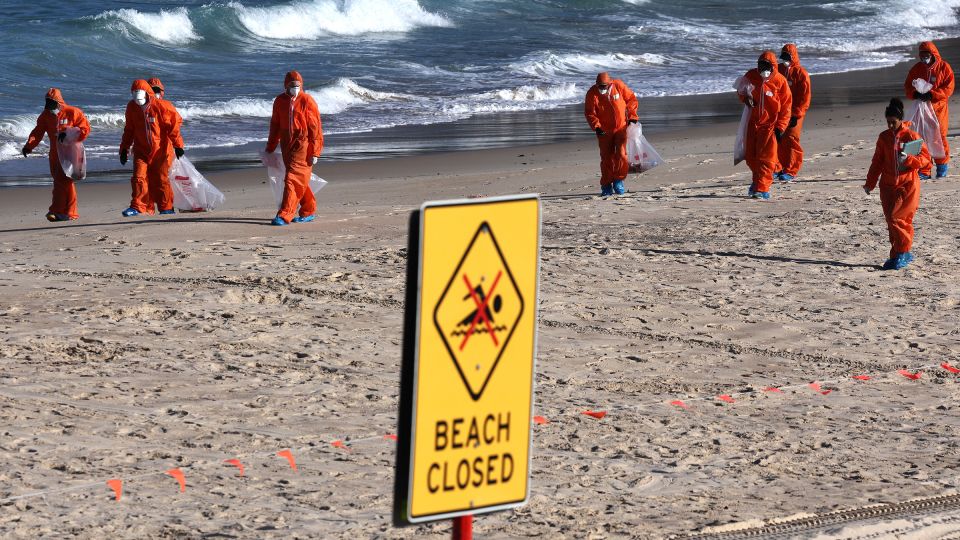[ad_1]
It’s a shame that San Francisco’s fascinating election results can’t be viewed in isolation from the strange and terrible returns that propelled Donald Trump once more to the presidency. But the luxury of ignoring the bigger picture is something San Francisco no longer gets to do.
As of a shade before 1 a.m., every last in-person vote was tabulated — 37,345 of them (20,000 provisional votes are pending). In-person voting is a bit like shaving with a straight-edge razor or knitting your own pot-holders: You could do it if you wanted to, but hardly anybody does. At present, 234,453 votes have been counted; a shade under 45 percent. The Department of Elections expects around 157,000 more votes to trickle in (including those 20,000 provisional ballots). That would result in perhaps a 75 percent turnout; San Francisco voters show up at an average of 77 percent in presidential election years going back to 1916. This year’s federal election is rather special. San Francisco’s turnout was not.
By law, any ballots postmarked by Nov. 5 have seven days to reach City Hall. But it’s not likely that a massive batch of ballots is going to drop on Nov. 12.
The next update to the vote totals will come at 4 p.m. on Thursday. Yes, there is no update today (I know!).
Here’s where things stand:
Daniel Lurie remains the man to beat, dispatching Mayor London Breed in a ranked-choice voting tabulation by 25,000-odd votes. There are many more votes to count, but S.F. State political science professor and ranked-choice voting savant Jason McDaniel kindly highligted this key factor: Lurie receives the majority of Mark Farrel’s secondary votes and Aaron Peskin’s No. 2 votes are breaking to Lurie at a percentage approximating the percentage going to Breed (33 percent of Peskin’s No. 2 votes go to Breed, 32 percent to Lurie and 35 percent are exhausted).
So, barring unforeseen lunacy, Lurie is going to win this thing. That’s because — of course — he was blessed with all the monetary advantages one could desire. But he also hired the right people, and ran a drama-free and disciplined campaign. It was clear to Team Lurie that its path to victory was to garner the abundant second-place votes from Farrell, so it set its sights on him — and he proved to be a most incendiary target.
Fascinating stuff, but the luxury of viewing San Francisco politics in isolation from the larger world is, like in-person voting, a thing of the past. The notion of having a neophyte mayor taking the reins at the same time an emboldened kleptocratic fascist assumes power in Washington, D.C. is concerning, to say the least. And you thought the biggest problem for San Francisco in 2025 was its bereft downtown and looming budgetary cliff. Things can always get worse. On Nov. 5, they did.
Speaking of worse, it was a uniquely terrible night for free-spending political pressure group TogetherSF and its chosen candidate Mark Farrell. Proposition D, TogetherSF’s measure to halve the number of San Francisco commissions and empower the mayor is almost 20,000 votes in the hole — and late-breaking voters tend to side with more progressive causes, not less progressive ones.
Prop. D had nearly $10 million behind it. And that’s just for starters: A Prop. D committee served as a lucrative soft-money vehicle for Farrell. On Nov. 4, news broke that he’d agreed to pay a $108,000 ethics fine for commingling funds from his mayoral committee and Prop. D committee; he was accused of using the unlimited donations to the ballot measure committee to subsidize his mayoral committee and, in effect, elude the $500 donation cap.
What a predicament: Farrell and TogetherSF had clearly hoped Prop. D would pull Farrell across the finish line. But that didn’t happen. Did he weigh it down? Did it weigh him down? Was it a mutually assured destruction?
In a surreal touch, Prop. E, the Peskin-produced countermeasure to Prop. D that drew tens of thousands of dollars in support is winning. Winning!
On the eve of the election, we compared Farrell to Vinko Bogataj, the hapless Yugoslavian ski-jumper whose epic meltdown for years underpinned “ABC Wide World of Sports” description of “The agony of defeat.”
This comparison seems apt — and would seem to encompass both Farrell and TogetherSF’s efforts in this election cycle.

In prior years, when in-person voting was more significant, and voting patterns were more predictable, a late progressive shift was easier to chart. That’s no longer the case. But late-breaking votes would still figure to be more likely to break progressive than not.
As such, incumbent Connie Chan in District 1 should be optimistic and Dean Preston in District 5 should be hopeful. There are many thousands of votes yet to count, but they may have weathered the storm of very wealthy donors targeting them specifically. Michael Lai and Chyanne Chen are locked in a close race in District 11 with Lai a couple hundred votes up. But Chen has to like her chances with late-breaking voters. Vamos a ver.
In Districts 3, 7 and 9 Danny Sauter, incumbent Myrna Melgar and Jackie Fielder appear well-positioned.
The Department of Elections will commence counting votes again on Thursday. We wish their work was at center of the political world, because it is that interesting. But, alas, it can’t be.
[ad_2]
Source: missionlocal.org

